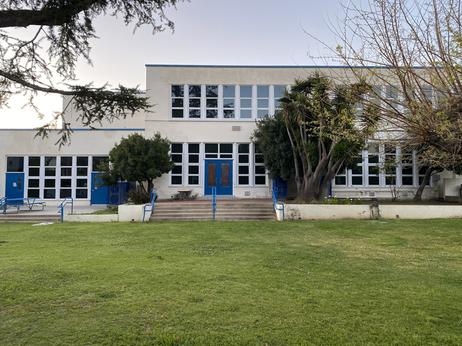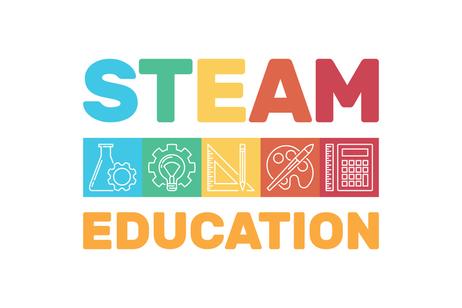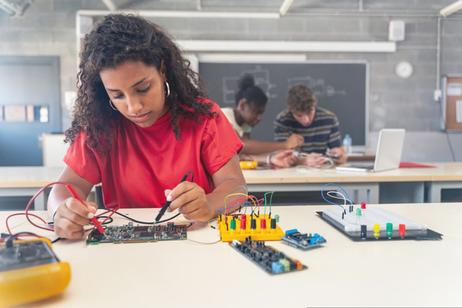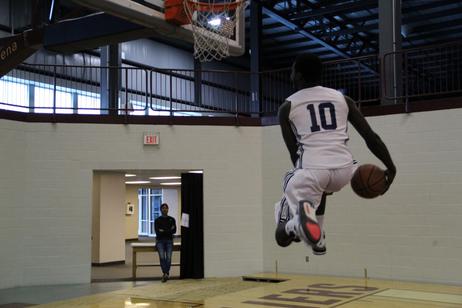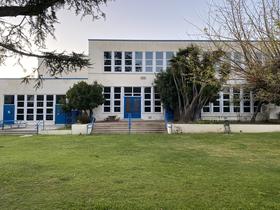Inside DoDEA Schools: Background
As someone who has taught various subjects and served as a deputy director in a private school, I can only imagine what it must be like to run a global educational system like the Department of Defence Schools (DoDEA). Let's look at the teacher qualifications, how much the tuition and costs are, and how the schools are accredited.
The Department of Defense Schools trace their roots to the aftermath of World War II.
- In 1946, the Department of the Army established the first schools for dependents of service people in occupied Germany, Austria, and Japan.
- These schools served children of American military personnel stationed abroad. Initially, the Army, Navy, and Air Force operated their schools separately.
Then, in 1964, the Secretary of Defense combined these into a single system.
- The Defense Dependents Education Act of 1978 formally established the Defense Dependents' Education System, authorizing the Secretary of Defense to operate a free public education system for eligible overseas dependents.
- This act provided Congressional authorization for the schools. Over time, the system has evolved.
- In 1992 it became known as the Department of Defense Education Activity (DoDEA), incorporating overseas and domestic schools.
- Today, DoDEA operates as a field activity of the Office of the Secretary of Defense, serving military families worldwide.
This video offers a look at the DoDEA schools in Europe.

